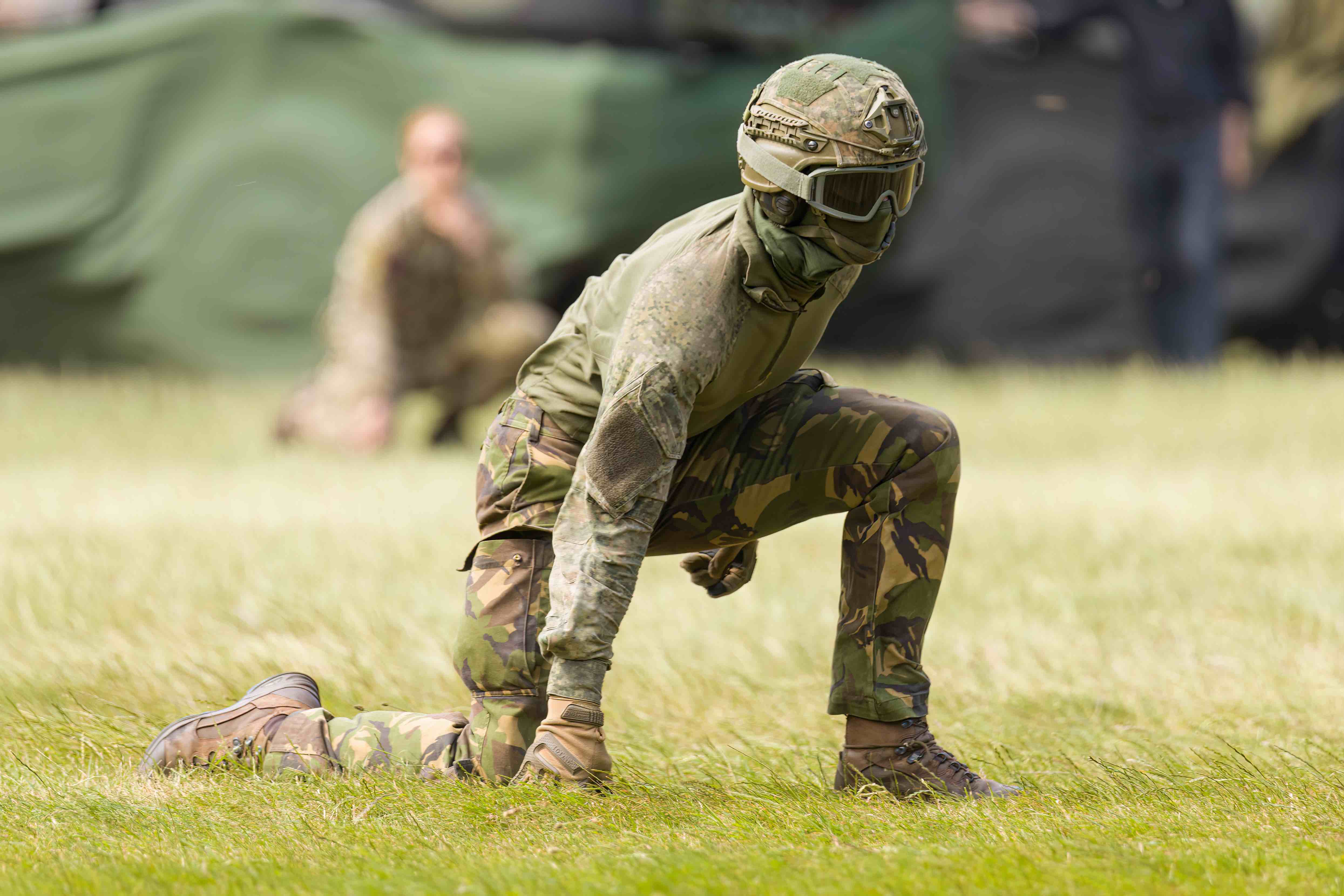Recently, a Missouri state lawmaker introduced a bill to legalize therapeutic use of psilocybin. Specifically, to treat severe depression, post-traumatic stress disorder (PTSD) and other long-standing conditions.
The benefits of psilocybin, also known as “magic mushrooms” to some, are also being studied by the Department of Veterans Affairs. The military, although a noble calling, oftentimes puts its members in some of the worst conditions imaginable. Direct action combat, vehicle crashes, assaults, Fort Hood, and training mishaps have taken their toll on the wellbeing of generations of servicemembers.
Now, the VA is actively participating in at least five different trials in various states such as California, New York, and Oregon.
However, many Veterans have decided not to wait for the wheels of the government to slowly turn and have taken matters into their own hands. Scores have traveled to various countries to meet with experts in alternative medicine and place their trust in ancient treatments.
The Greek physician Hippocrates, circa 450 B.C., documented using mushrooms as a potent anti-inflammatory. Scientists have found evidence that Ötzi, the famed Ice Man, carried multiple types of mushrooms to help his survival nearly 5300 years ago. The records of the traditional use of substances like ayahuasca in Peru begin in 900 B.C.
Beyond Treating PTSD
A recent Canadian study concluded that, “While confirmation in other settings is required, these findings align with growing evidence that psychedelic use may be associated with detectable reductions in subsequent substance use including illicit opioid use.”
This is an important conversation because according to the National Library of Medicine, “U.S. military veterans have been heavily impacted by the opioid overdose crisis, with drug overdose mortality rates increasing by 53% from 2010–2019.”
Admittedly, we have cited a lot of medical data that will understandably take a while for you to read through. The purpose of this article was not to attempt to convince you of the merits of treatments like psilocybin, but rather to convince you the discussion needs to be held. Furthermore, we ask perhaps an even more important question, “Why have they refused to explore this potentially viable option as a way to help those whose lives were destroyed while serving their country?”



%201.svg)









